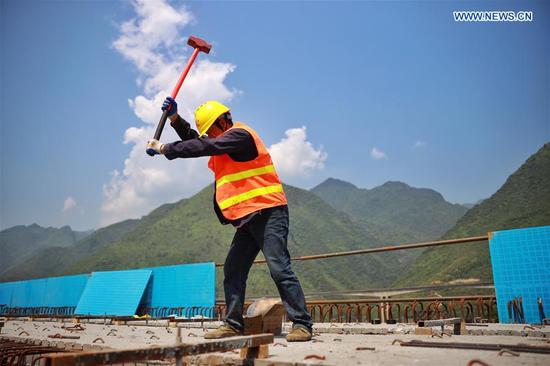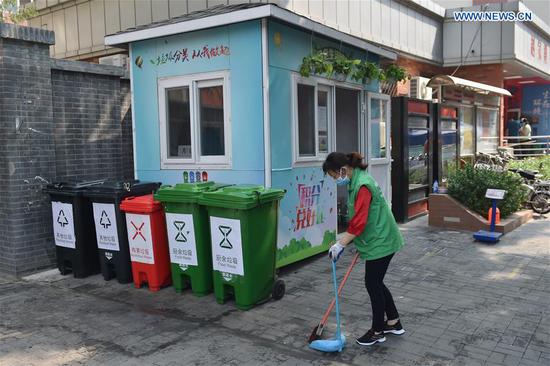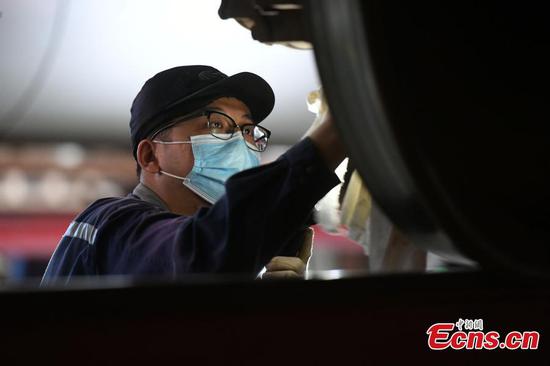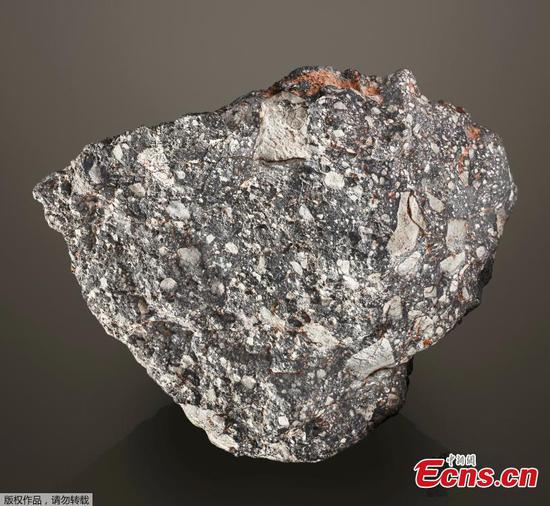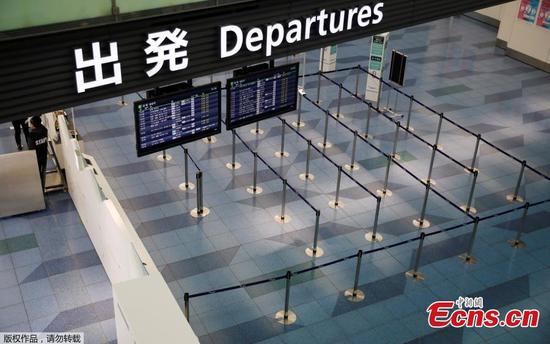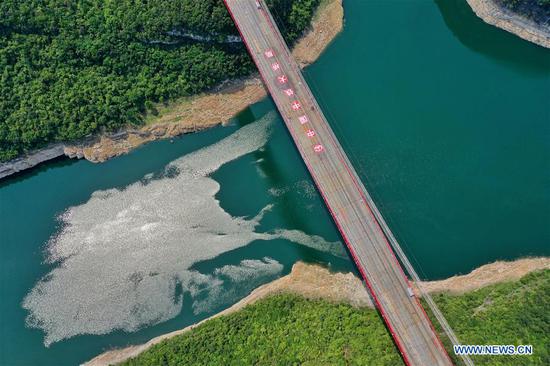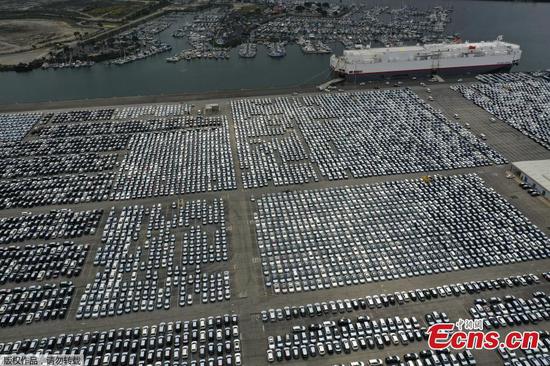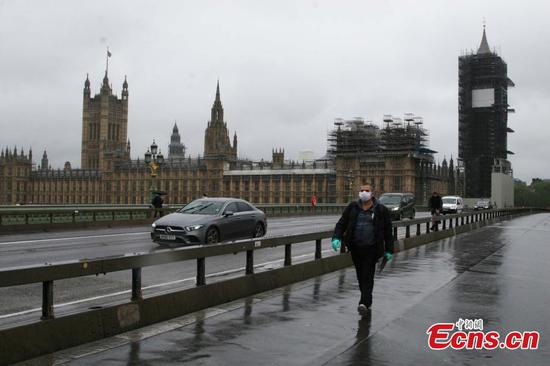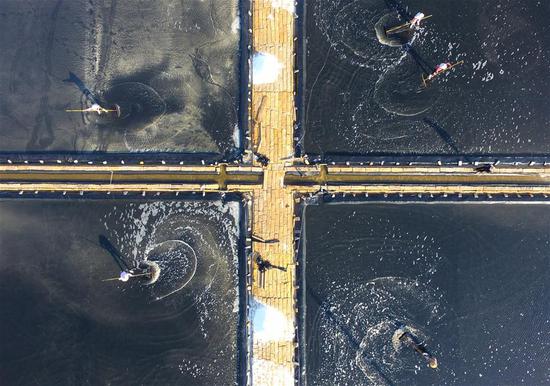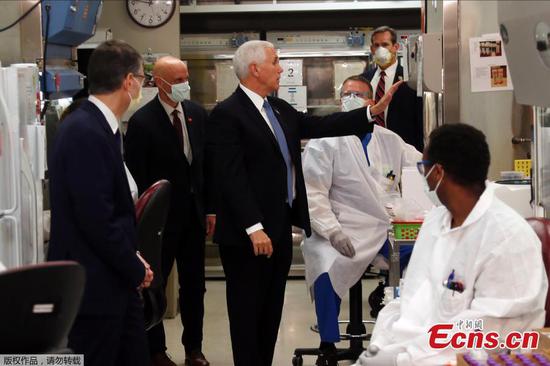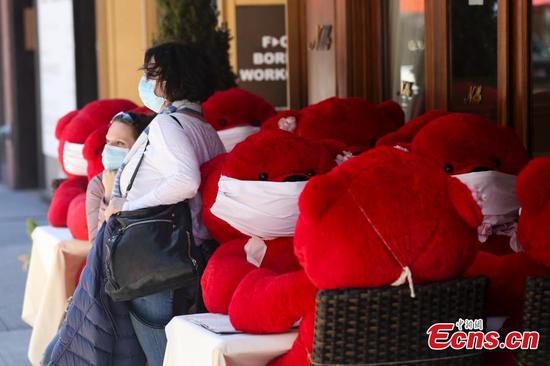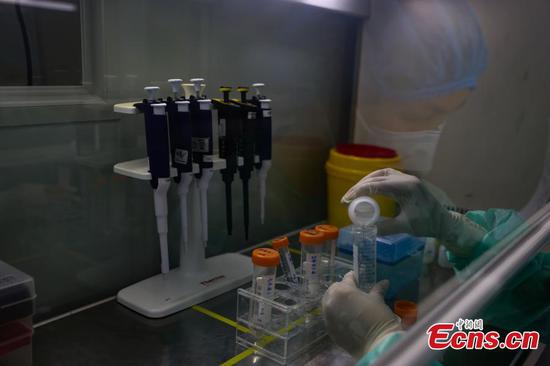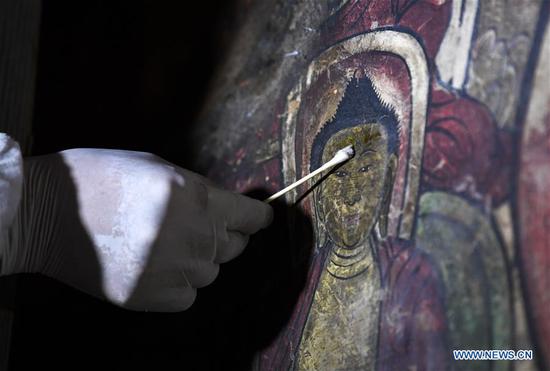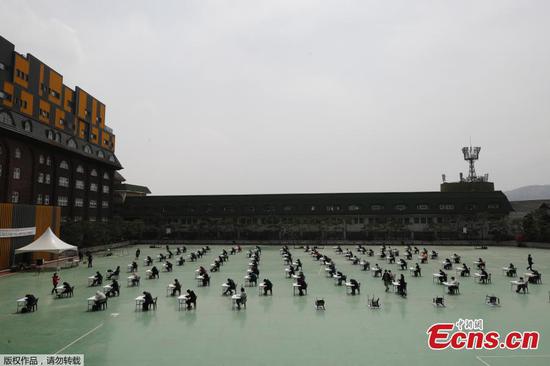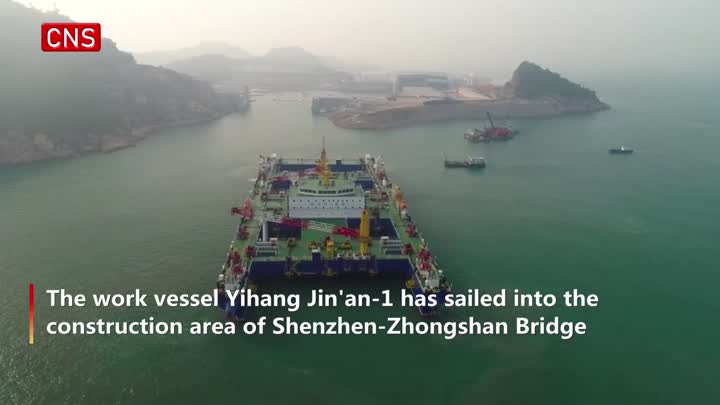
A clerk counts cash at a bank branch in Haian, Jiangsu province. (Photo by Xu Jinbai / For China Daily)
Financial institutions should pay high attention to risks associated with certain financial products due to the current international commodity price fluctuations, increase risk awareness and strengthen risk management, the Financial Stability and Development Committee under the State Council said after a meeting on Monday.
Financial institutions should control risk spillover effects, keep risks at a moderate level, improve their professionalism, respect contracts, sort out responsibilities and protect the legitimate interests of investors, the committee said.
"The Financial Stability and Development Committee stressed that financial institutions should have greater risk awareness when they are designing products and better control risks during the process of transactions, which is the necessary outcome of intensified risks and rising uncertainty in the current global financial market," said Zeng Gang, deputy director-general of the National Institution for Finance and Development.
"The committee also required financial institutions to better protect consumers by fully disclosing product information in a timely manner, fulfilling their contractual obligations, and selling products to the right investors whose risk tolerance matches the level of product risk," he said.
Some of China's retail investors may suffer huge losses through their exposure to US oil futures contracts, prices of which had collapsed on April 20 with the US benchmark West Texas Intermediate for May delivery falling below zero for the first time ever.
Bank of China Ltd said on April 22 that its main investors will settle trades for its crude oil futures trading product, which is linked to foreign crude oil futures contracts, at-$37.63 per barrel.
Two days later, the large State-owned commercial lender said it will comprehensively review its product design and risk management process, take due responsibility under the legal framework, and do its best to protect the legitimate interests of clients.
"As the novel coronavirus outbreak goes on, financial market risks may occur in the future and we may still face the same problems. Improving the relevant system and clarifying rules will have a long-lasting impact on the overall financial market stability and investor protection," Zeng said.
Lian Ping, chief economist at Zhixin Investment, said that by imposing a suite of requirements, the Financial Stability and Development Committee is trying to guide the handling of this kind of problems on the right track, in the hope of managing the current market fluctuations effectively and rationally.
"While dealing with this kind of problems, financial institutions should abide by the principle of market orientation and comply with the spirit of the contract … During the process, they should be careful to prevent the occurrence of new problems," Lian said.
The basic principle is to follow contractual arrangements but if financial institutions are negligent, they should be held responsible for the part of investment losses caused by negligence, he said.
China Construction Bank Corp, another large State-owned commercial lender, said in a notice on Monday it has upgraded its account-based commodity trading business by adding real-time forced liquidation to the system.
The bank reminded clients to pay full attention to risks from market price fluctuations, close out positions or roll over contracts in time, and follow futures margin, the amount of money a futures trader needs to deposit and maintain in his/her futures trading account in order to open a futures position.
During the meeting on Monday, the committee also said the government has set a "zero tolerance" tone for fraud in the capital market. China will stick to the principles of market orientation and the rule of law, improve the system of information disclosure, and firmly crack down on illegal activities including financial fraud, insider trading and market manipulation.









